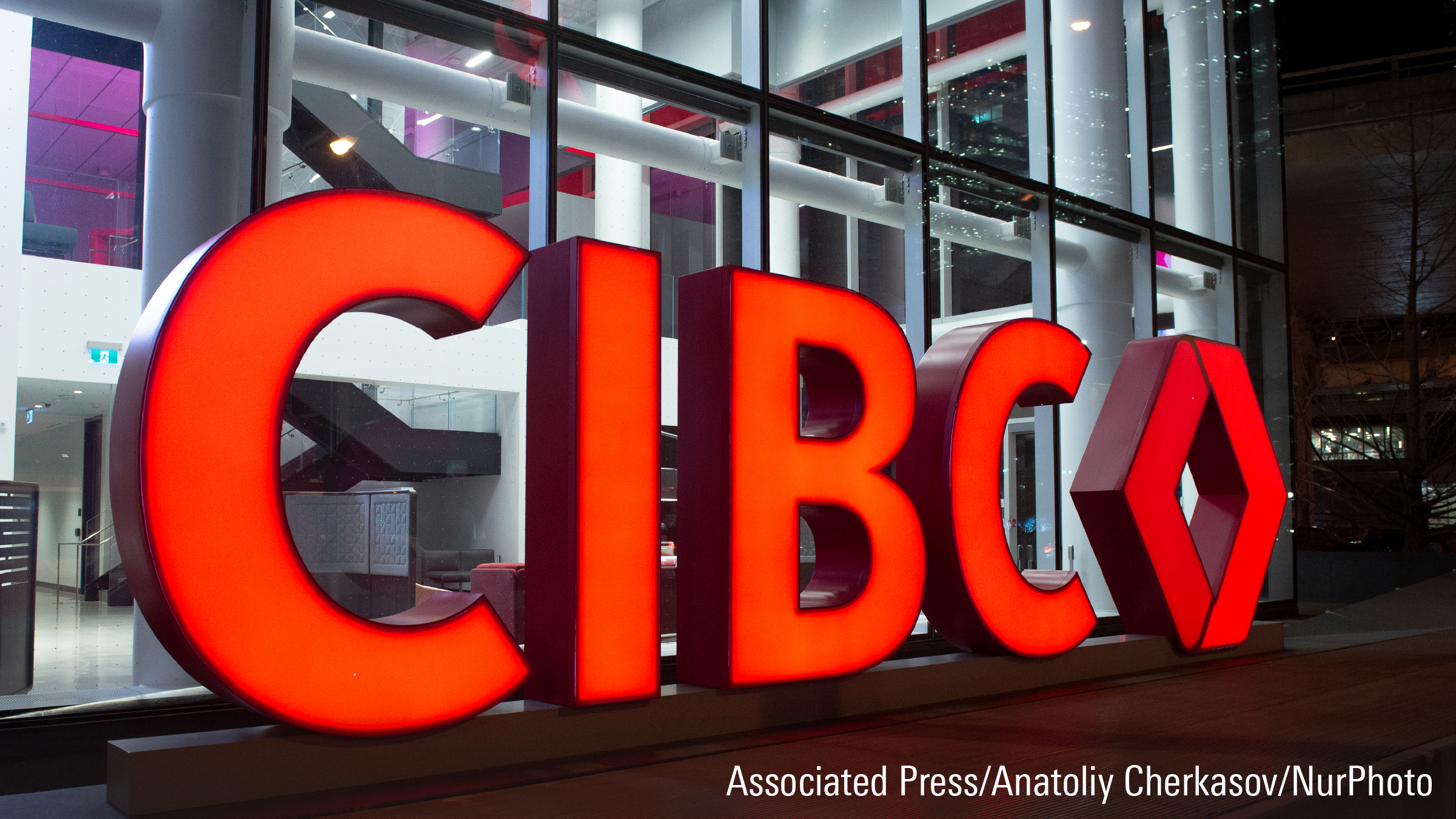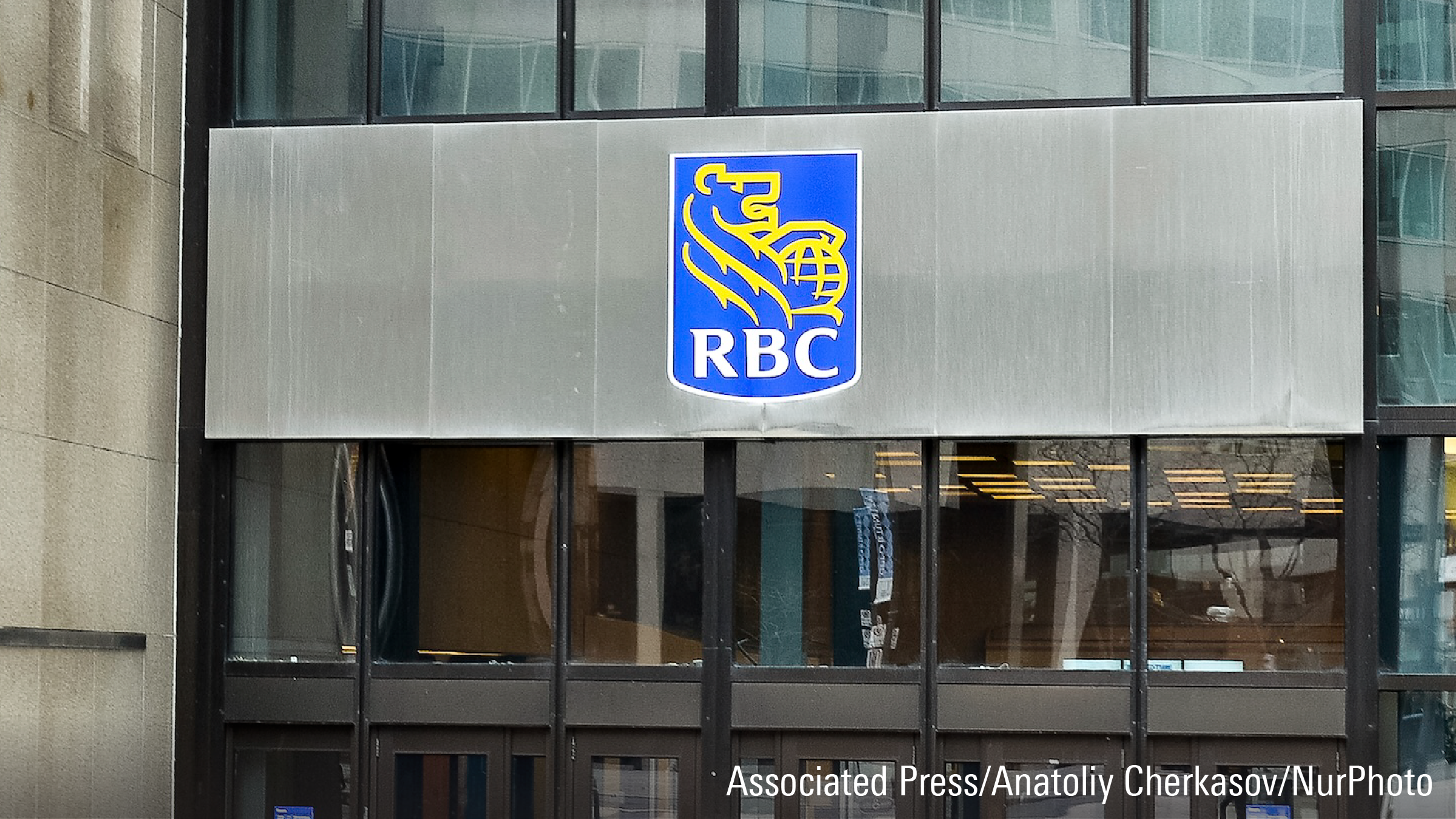Michael Hatcher, director of research and a portfolio manager at Trimark Investments, says Europe's macroeconomic difficulties are likely to persist for some time, so the challenge is to invest in companies that can weather the storm.
His strategy for the European equity portfolio that he manages is to invest in European-based global companies with a commanding presence in their markets. Companies whose businesses are exclusively European are considered too, he says, with a focus on those that operate in niches that are immune to Europe's financial turbulence. On average, the companies in Hatcher's European portfolio earn about 35% of their revenues from Europe.
A key investing theme, says Hatcher, is to focus on producers of goods or services that are "affordable luxuries and involve repeatable purchases." These businesses are "to some extent, sheltered from the weakness in the European economy and elsewhere." They are able to produce consistent cash flow, "which is an important emphasis of mine" and tend to be found in the more defensive sectors of the equity market.
A plus for investors "is that many European-based multinationals have a growing presence in emerging markets." Hatcher estimates that some 30% of the revenue of the companies held in the European portfolio comes from these markets.
At Trimark Investments, a division of Toronto-based Invesco Canada Ltd., Hatcher's mandates include Trimark Europlus  , of which he became lead manager in March 2010. This portfolio is concentrated in 25 names, with typical individual weightings of 3% to 5%.
, of which he became lead manager in March 2010. This portfolio is concentrated in 25 names, with typical individual weightings of 3% to 5%.
At the end of January, the top 10 holdings accounted for 48% of the fund. Companies based in Switzerland represented 25%, while other big geographic weightings were Germany and the United Kingdom, each with 14%.
 |
|
 |
|
| Michael Hatcher | |
 |
|
 |
|
 |
A graduate of the London School of Economics with a master-of-science degree in econometrics and economics, Hatcher has chosen a career in investment management, rather than one as an economist/econometrician. "I was drawn to the discipline of evaluating individual businesses." After holding positions at other Canadian asset-management firms, he joined Trimark Investments in 2009.
An admirer of Warren Buffett's value-investing philosophy, Hatcher says that he looks to buy high-quality businesses that are prominent in the markets that they serve, at a discount. "It helps if there are a small number of participants in the industry and high barriers to entry."
The companies must produce high returns on invested capital (equity plus debt) and demonstrate the ability to convert earnings into cash flow, he says. Management must also be committed to enhancing long-term shareholder value. This is one reason why he favours companies where the founders have retained a significant ownership.
At the end of January, Trimark Europlus held 31% in consumer staples and 17% in health-care stocks, for a total of 48% in defensive sectors. A consumer-staples company in the fund's top five holdings is the UK-based cigarette manufacturer, British American Tobacco PLC, which has an American Depository Receipt and trades on the New York Stock Exchange under the ticker BTI. "There is a global oligopoly in the tobacco business, with a small number of major players," says Hatcher.
Although it operates in a mature industry with little or no volume growth, British American Tobacco, or BAT as it is known, "is able to widen its profit margins through strong pricing power and cost-cutting."
Also, the company is a significant and consistent cash-flow generator and is buying back shares, which boosts its earnings per share. Thus, Hatcher says, BAT is capable of generating earnings-per-share growth in the region of 6%-8%. On valuation, the company trades at an EV (Enterprise Value) to EBIT (earnings before interest and taxes) of 10 to 11 times, he notes. "The stock has had a significant run, but I still like it at these levels."
Though Frutarom Industries Ltd. is classified as a materials company, Hatcher views his holding in this food-ingredients producer as a consumer-staples stock. Based in Israel, Frutarom is a mid-sized flavours company with a global footprint, says Hatcher, and there is strong demand for these products.
Flavouring products make up a small percentage of the input costs of users, says Hatcher, and they tend to be reluctant to change the formula for their products. "This gives the flavouring manufacturers pricing muscle." Frutarom has been acquiring smaller players and is a consolidator in this business, says Hatcher.
In health care, Hatcher likes Sonova Holding AG, a specialist in hearing systems that is based in Switzerland. "Sonova is one of three dominant manufacturing companies of hearing aids in the world," says Hatcher. "It is a complicated device and there are high barriers to entry."
The demand for these products is expanding, he says, with western demographics an important tailwind. "Sonova is an innovator and a market leader in wireless communication systems for these devices." Hatcher bought the stock "opportunistically last year on a pull-back." While it has become more fully valued since, "I continue to like it."
Also in this sector, the portfolio holds two Swiss-based global pharmaceutical companies, Roche AG and Novartis AG. The latter has an ADR and trades on New York under the ticker NVS. "Both these large-cap pharmaceutical companies have significant cancer drugs and their therapies are difficult for generic manufacturers to replicate." The two companies trade at an EV/EBIT of less than 10 times, he says.
| British American Tobacco PLC | Novartis AG | ||
 |
|||
 |
|||
| March 6 close | $97.64 | $53.31 | |
| 52-week high/low | $103.08-$73.48 | $64.82-$51.60 | |
| Market cap | $100.3 billion | $128.3 billion | |
| Total % return 1Y* | 27.6% | -3.8% | |
| Total % return 3Y* | 32.3% | 19.0% | |
| Total % return 5Y* | 13.8% | 1.7% | |
 |
|||
| *As of March 6, All figures $US Source: Morningstar |
|||
 |
|||
In European financial services, Hatcher says that the asset-management firm Azimut Holding S.p.A, based in Italy, is an example of a company that can do well, despite the economic challenges facing the country. "Italians are good savers and have money to invest."
Azimut is the largest independent money manager in Italy, with assets under management of 15 billion euros, says Hatcher. The company's target market is the higher-net-worth individual, he says, and it has a dedicated sales force for its financial products. Finally, Azimut's founders and employees own some 26% of the company, which "is something I favour."
Hatcher sold his holding in a French electrical-equipment manufacturer, Schneider Electric SA. "The valuation on the stock was no longer attractive and I was concerned that management's ongoing acquisition strategy was more focused on growth than on return on invested capital."















